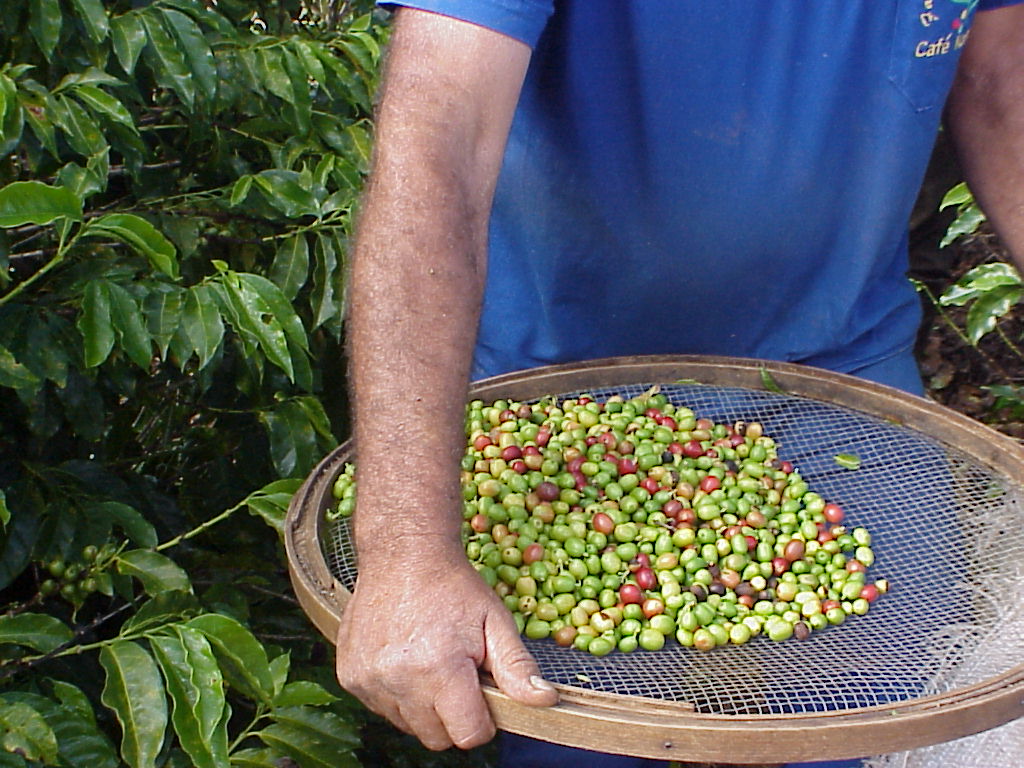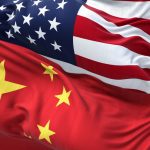Just days into the closure of our campus and larger communities this past March, I had the opportunity to speak with Gustavo Perez Burlanga, senior vice president of social responsibility with Toks Restaurant Group in Mexico. Toks has more than 230 restaurants, including brands such as Panda Express and Shake Shack, and served more than 32 million customers in 2019. There were several profound and sobering moments during that call. While I was trying to grapple with the physical and emotional health of my family, colleagues, and students—and trying to ensure a seamless transition to an online learning environment—Gustavo and the team at Toks were trying to plan for the short- and long-term viability of the company, along with all of its 12,000 employees and many suppliers.
How many companies at that time were struggling to re-invent themselves and make the technological shift required during the pandemic? How many supply chains were disrupted, and how many suppliers wondered how they would be able to re-start their businesses, whether due to lost labor, lost capital, or lost partner relationships? How many companies were trying to determine how to pay employee wages, at the same time that employees were no longer able to work due to safety concerns? The overriding concern for Toks was how to sustain the livelihoods of employees, supply chains, and their families. Some of the tactics Toks and other companies employed included foregoing or reducing leadership wages, buying medical equipment and medicines, delivering food to suppliers’ families, and applying for lines of credit to extend employee salaries through several months.
Are you aware? Do you care?
Just weeks later, Gustavo spoke to my social entrepreneurship students in a virtual guest lecture. He explored the students’ consumer choices related to coffee, a daily beverage that has been commoditized throughout the globe in such a way that the supplier communities are oftentimes disproportionately marginalized in the value chain.
When you order a coffee, do you ask for a cup that does not involve child labor, that respects human rights? These are the questions every consumer and business should be asking.
“When you order coffee, a cappuccino, or a latte,” he asked, “do you ask for a cup that does not involve child labor, that respects human rights, and/or supports women producers?” While provocative, these are the questions that every consumer and business should be asking. Businesses should be challenged to move beyond simply philanthropy or a donation model as part of their corporate social responsibility initiatives, to a responsible business model that incorporates social and environmental impacts, to the penultimate inclusive business model. Such a model doesn’t simply employ “do no harm” or carbon-neutral principles, but addresses supply chain sustainability as well as the principle tenets of integral human development, including the dignity of both the individual and community.
The UN Global Compact, of which Toks is a member, calls on companies “to align strategies and operations with universal principles of human rights, labour, environment and anti-corruption, and take actions that advance societal goals.” More than 14,000 companies and non-business organizations have signed on to the compact; participants commit to taking action on the Sustainable Development Goals (SDGs). A recent 20th Anniversary Progress Report by the UN Global Compact demonstrated, however, that “while 84% of companies participating in the UN Global Compact are taking action on the SDGs, only 46% are embedding them into their core businesses and only 37% are designing business models that contribute to the SDGs.” In short, participating organizations are at risk of failing to fulfill their commitments. As the UN Global Compact CEO put it, following the release of the report, companies need to “step up.”
Measuring the invisible value chain
“Are you aware, do you care, and what are you going to do to change the reality?”
Gustavo’s question to my social entrepreneurship students speaks to the commitment that Toks has undertaken in their own social responsibility efforts, including addressing the workings of value chains that are “mostly invisible for the majority of people.” Toks took this to heart by striving to build the capacity of Mexican coffee producers, beekeepers, indigenous craft-makers, and other local workers. The focus on food producers, in particular, allowed Toks “to offer our consumers recipes made with natural ingredients created by small producers in local communities.” For example, Santa Rosa Marmalades is a cooperative started by five women who were trained by a local foundation and supported by Mexico’s Ministry of Social Development. Toks learned of their marmalade products at an organic fair. In addition to purchasing directly from the women, the company has provided the cooperative with salary support and no-interest loans to buy equipment and expand their product line.
Building technical capacity, increasing farmer yields, and diversifying economic opportunities are conventional activities in the international development sector, but greater development outcomes can be achieved when public and private organizations partner. Such is the hope of USAID and other global development organizations. Acknowledging the role that the private sector has played and will continue to play in the “Journey to Self Reliance,” USAID is dramatically increasing private sector engagement (PSE) across the agency. According to USAID’s Private-Sector Engagement Policy, “PSE is a strategic approach to planning and programming through which USAID consults, strategizes, aligns, collaborates, and implements with the private sector for greater scale, sustainability, and effectiveness of development or humanitarian outcomes.”
Effective engagement with the private sector requires understanding whether engagements are truly bettering the lives of those they are designed to help.
Both financial and non-financial resources have been deployed by the private sector to advance development outcomes, whether through information-sharing, market research, technical expertise and capacity building, or investment. This may take the form of building gas turbines, providing water access, helping small-medium enterprises expand to different geographic locations, or connecting farmers and traders through more enhanced services, to illustrate just a few examples. USAID wants to do more. Effective engagement with the private sector requires more than understanding the various modalities deployed by the private sector. It also requires understanding whether these engagements are truly bettering the lives of those they are designed to help. It requires measurement of impact.
While examples are in abundance, there are far too many anecdotes in a time when systemic change is required. All companies, not just those who have signed on to the UN Global Compact, must be transparent and accountable regarding their commitments, and need to employ rigorous monitoring and evaluation of development outcomes in order to confirm their impact. By way of example, Oxfam’s Behind the Brands campaign is a multi-year, global effort that challenged the top 10 food and beverage companies to create policies that positively influence the sourcing of agricultural commodities from low-and middle-income countries (LMIC). Oxfam then assessed the veracity of those commitments through a scorecard approach, from supply chain impact on women, workers, and farmers, to land, water, and climate. And the companies responded, increasing their commitments, making them more concrete, and demonstrating clear results through public sustainability reports.
Companies will need to adapt their business models. In doing so, they can transition to more socially and environmentally sustainable models.
Will the pandemic disrupt this groundwork? It is essential to LMIC communities that companies create and follow through on their commitments. The pandemic caught many companies off-guard; these companies will need to adapt their business models, embrace technological innovation, and leverage new market trends. In doing so, companies can transition to more socially and environmentally sustainable models, whether by integrating local products into supply chains, building capacity of coffee growers, as Toks Restaurant Group has done, or exploring public-private partnerships.
“Business as usual” is no longer adequate to the ambitious and laudable task the Global Compact companies have set for themselves, namely, to become responsible partners in the creation of a more just and equitable social order.
Melissa Paulsen leads the Entrepreneurship and Education Division at the Keough School’s Pulte Institute for Global Development, working with faculty to develop interdisciplinary approaches to education and training programs related to global development needs.
This article is part of a series of blog posts published by the Keough School of Global Affairs. Dignity and Development provides in-depth analysis of global challenges through the lens of integral human development.



